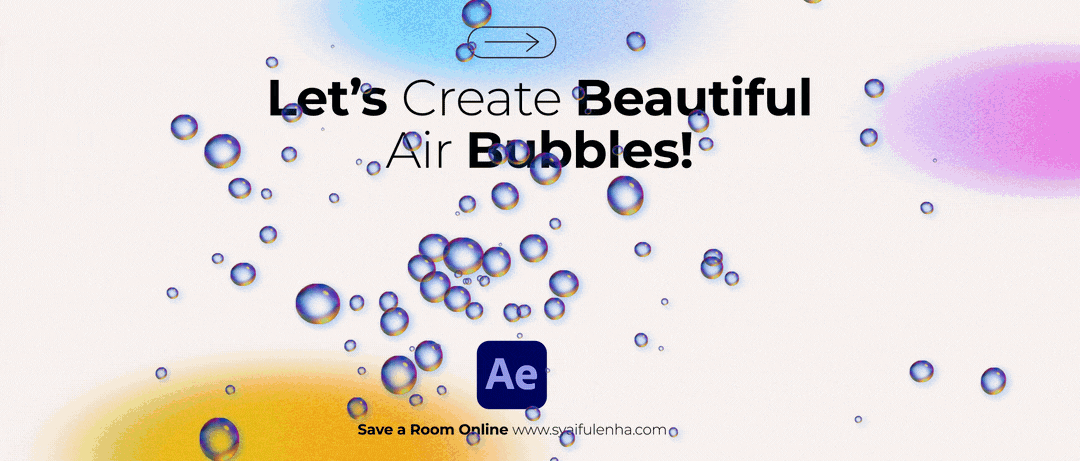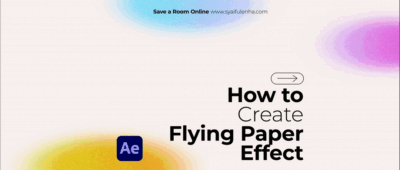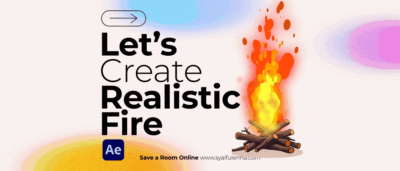Animating realistic air bubbles can add a unique touch to your underwater or dreamy scenes. Here’s a simple guide to achieve this effect using Adobe After Effects—no additional plugins needed!
Step 1: Create the Base Layer
Start by creating a new solid layer in your composition. Apply the Foam effect from the Effects & Presets panel. This will serve as the foundation for your air bubbles.
💡 Pro Tip: The Foam effect simulates bubble-like particles by default, but we’ll tweak it further to make it more realistic.
Step 2: Adjust the View for Realism
Switch the view mode from Draft to Rendered. This allows the bubbles to have smoother edges and a more lifelike appearance. Adjust the settings such as:
- Bubble Radius for size variations.
- Birth Rate for bubble density.
- Velocity for natural motion.
Experiment with these values until the bubbles look right for your scene.
Step 3: Add Glow for Shine
To make the bubbles look more realistic, create an adjustment layer and apply the Glow effect. This adds a subtle shine to the bubbles, simulating how light interacts with water.
💡 Tip: Play with the Glow Threshold and Intensity settings to achieve a soft, luminous effect.
Step 4: Create Distortion with a Displacement Map
The final step is to integrate the bubbles into your scene by applying the Displacement Map effect. This effect creates a slight distortion in the surrounding elements, mimicking the way bubbles bend light.
- Use the bubble layer as the displacement source.
- Adjust the horizontal and vertical displacement to control the distortion strength.
Why Use This Technique?
This method is perfect for:
- Underwater animations for videos or presentations.
- Creative advertisements or intros with a playful vibe.
- Adding depth and realism to motion graphics projects.
By combining the Foam, Glow, and Displacement Map effects, you can create stunning and dynamic air bubble animations in just a few steps!
💻 Want More Tips?
Visit syaifulenha.com for more After Effects tutorials and motion design inspiration. Let us know in the comments what effect you’d like to learn next!


